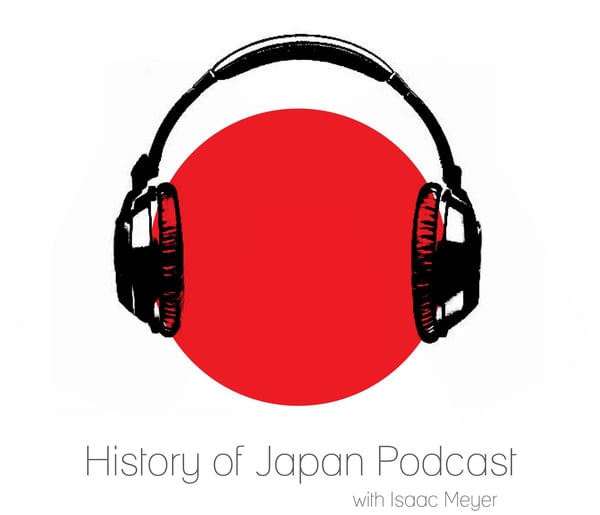Episode 537 - The New Order
History of Japan
Isaac Meyer
4.8 • 744 Ratings
🗓️ 12 July 2024
⏱️ 42 minutes
🧾️ Download transcript
Summary
This week on the Revised Introduction to Japanese History: the Occupation comes to an end, but what happens next? This week is all about the 1950s, when clashing visions of Japan's future would culminate in one of the largest protests in the nation's history, laying the groundwork for the political world that has existed ever since.
Show notes here.
Transcript
Click on a timestamp to play from that location
| 0:00.0 | Hello, the episode you're about to listen to is part of a multi-part series introducing an overview |
| 0:07.4 | of Japanese history. |
| 0:09.4 | This is a repeat of one of the original projects the History of Japan podcast was built on, |
| 0:15.0 | and is intended to serve as an update and supplement to these original works. |
| 0:20.5 | After 10 years, my hope is to return to this approach and to do it a little bit better, |
| 0:25.2 | given the skills that I have improved in the intervening years. |
| 0:29.1 | If you haven't been doing so already, you should listen to these episodes sequentially, |
| 0:33.9 | starting with episode 501. |
| 0:37.1 | Without any further ado, enjoy the episode. |
| 0:40.3 | Hello and welcome to the history of Japan podcast, episode 537, The New Order. |
| 1:04.9 | America's occupation of Japan came to an end earlier than planned, and with little fanfare, |
| 1:10.7 | late in the spring of 1952. |
| 1:13.5 | The impetus, as with so many foreign policy decisions made by the United States during the |
| 1:18.9 | 20th century, was the Cold War. Seriously, if you're trying to explain basically any decision |
| 1:25.5 | made by the U.S. government from about 1945 to 1991, |
| 1:29.9 | the answer is almost certainly because of the commies. |
| 1:34.9 | Specifically, the outbreak of the Korean War in the summer of 1950 drew huge numbers of American |
| 1:40.6 | troops away from Japan and towards the peninsula, and accelerated an already |
| 1:45.2 | growing trend towards abandoning the lofty early occupation goals of a total reconstruction |
| 1:50.8 | of Japanese society in favor of simply getting things up and running, so to speak, as a Cold |
| 1:56.6 | War ally of the United States. |
| 2:00.2 | And so on September 8, 1951, then Prime Minister of Japan, Yoshida Shigeru, found himself |
... |
Please login to see the full transcript.
Disclaimer: The podcast and artwork embedded on this page are from Isaac Meyer, and are the property of its owner and not affiliated with or endorsed by Tapesearch.
Generated transcripts are the property of Isaac Meyer and are distributed freely under the Fair Use doctrine. Transcripts generated by Tapesearch are not guaranteed to be accurate.
Copyright © Tapesearch 2025.

